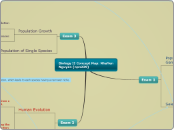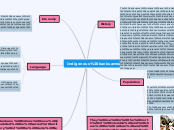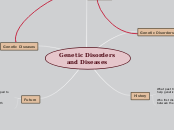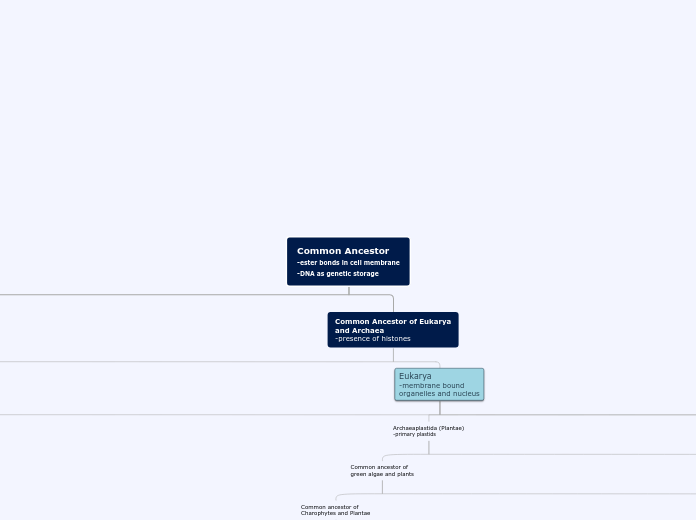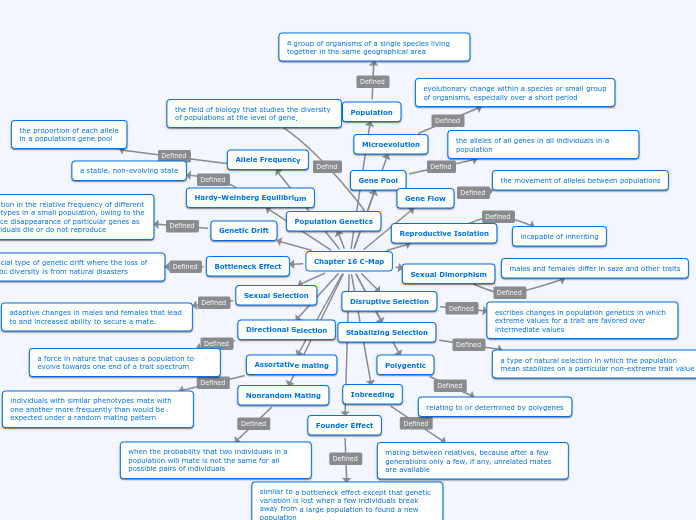Biology II Concept Map: NhaYen Nguyen (npn239)
Exam 2
Speciation
Allopatric Speciation: Species formation from a common ancestor in geographyically isolated locations.
Peripheral Isolate Model: An isolate population emerges on the peripheral edge of the ancestral population.
Dumbell Model: The population is divided in half by a geographic barrier.
Human Evolution
Environmental change was driving the evolution. There was natural selection for brain size.
Hominids and Apes diverged from a common ancestor about 5 MYA.
The genus Homo evolved 2 MYA. Homo habilis existed 2 - 1.8 MYA but went extinct. Homo erectus existed 1 MYA and evolved into Homo sapien, whiched evolved 350,000 MYA.
The more advanced hominid was Australopithecus (5 MYA)
The oldest hominid was Ardipithecus (6.5 MYA)
Exam 3
Population of Single Species
Rappaport's Rule
Low latitude species have smaller ranges than high latitude species.
Population Growth
Environmental Resistance: Decreases population growth.
Insufficient resources and living space, disease, predation, competition, adverse weather conditions.
Biotic Potential: Increases population growth.
Rate of reproduction, ability to withstand adverse weather conditions, defense mechanisms.
Exam 1
Selection
Differential reproduction among different phenotypes within a population.
Natural Selection consistently causes adaptive evolution.
Stabilizing Selection: Removes the extreme variants from the population and preserves tbe intermediate types.
Directional Selection: Shifts the overall makeup of the population by favoring varients that are at the extremes of the population.
Population Genetics
Hardy Weinberg Equilibrium occurs when the allele and genotypic frequencies are constant from generation to generation in which there is:
-No mutation, no migration, a very large population, random mating, and no selection.
Allele Frequency - the propotion of a given allele at a certain locus within a population.
Allele frequency = gene frequency = gamete frequency
Genotypic Frequency - the proportion of a given genotype within a population.
